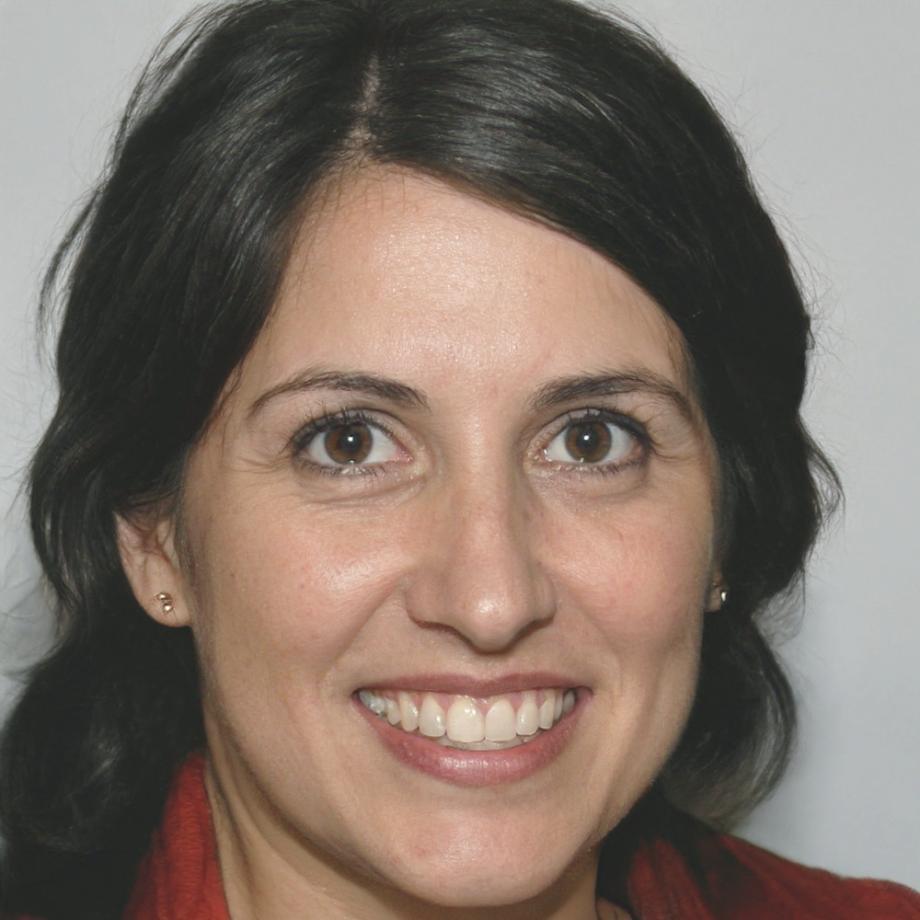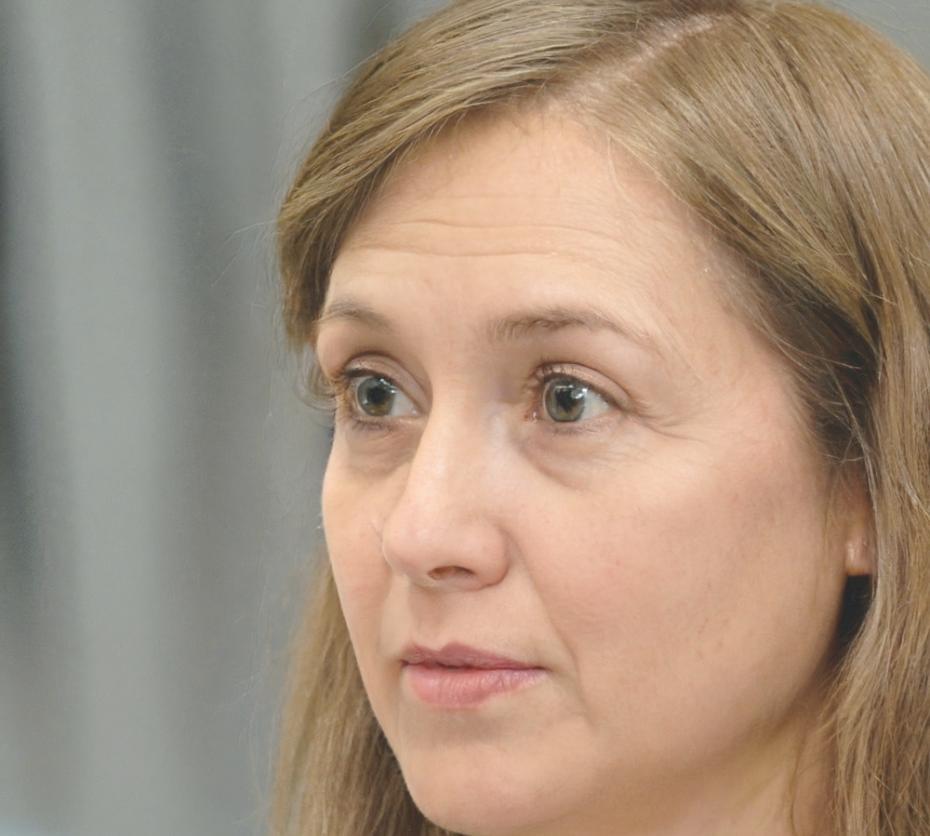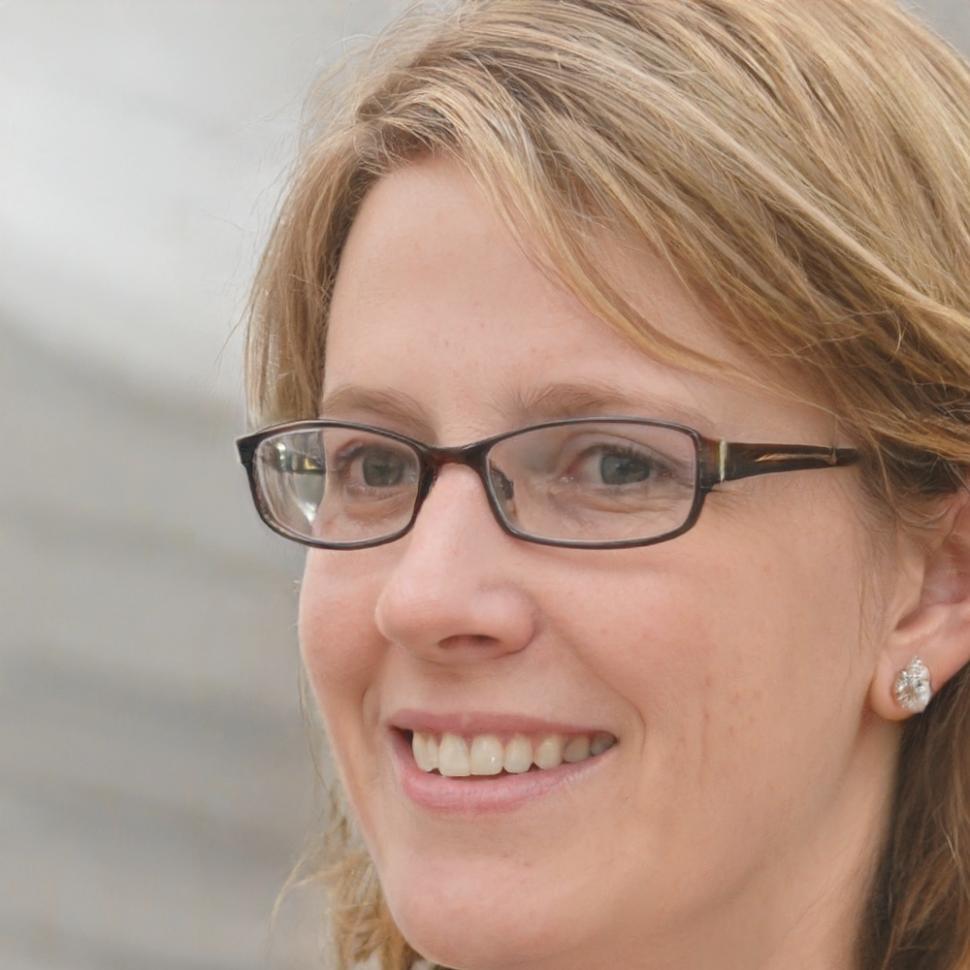Mobile Performance Training Programs
We've been working with development teams across Taiwan since 2018, and one thing keeps coming up: most app performance issues aren't technical mysteries. They're knowledge gaps that solid training can fix.
Our programs focus on practical skills you'll actually use. No theoretical fluff or abstract concepts that sound impressive but don't help your team ship better apps.
Discuss Your Team's Needs
What We Actually Cover
Six modules built from real projects we've debugged, optimized, and rebuilt over the years. Each one tackles something that actually slows apps down.
Memory Management Basics
Understanding where memory leaks hide and how to spot them before they crash your app at 2am.
- Profiling tools that work
- Image handling without bloat
- Cache strategies that make sense
Network Efficiency
Making apps work smoothly even when connectivity isn't perfect. Because Taiwan's mobile networks aren't always 5G speed.
- Request batching techniques
- Offline-first approaches
- Smart retry logic
Rendering Performance
Smooth scrolling isn't magic. It's understanding how your UI layer actually renders and avoiding common mistakes.
- Layout optimization patterns
- Animation frame budgets
- View recycling done right
Battery Impact
Users notice when apps drain batteries. We'll show you what causes it and practical ways to reduce consumption.
- Background task management
- Location service optimization
- Wake lock prevention
Launch Time Reduction
First impressions matter. Getting your app open faster involves understanding initialization better than most teams do.
- Lazy loading strategies
- Startup sequence analysis
- Splash screen alternatives
Real-World Testing
Synthetic benchmarks don't tell the whole story. We teach testing approaches that reveal actual user experience issues.
- Device lab setup
- Performance regression tracking
- User-centric metrics
Who's Teaching This
Our instructors aren't career trainers. They're engineers who've spent years optimizing apps for companies you've heard of. They still write code, which means they know what actually works in 2025.

Petra Lindbeck
Android Performance Lead
Seven years optimizing apps for fintech and e-commerce. Petra's particularly good at explaining memory profiling without making people's eyes glaze over.

Solvieg Nakamura
iOS Optimization Specialist
Started in game development where performance issues are brutal. Now helps teams across industries understand Metal, Core Animation, and battery optimization.

Freya Tamboli
Cross-Platform Consultant
Focuses on React Native and Flutter performance. Freya's worked with startups that scaled fast and needed optimization strategies that could keep up.
Program Schedule
We're running two cohorts in 2025. Each program runs eight weeks with a mix of live sessions and hands-on project work.
Applications Open
March 2025
We'll review your team's current challenges and technical setup. Program works best for teams already shipping mobile apps who want to level up their performance game.
Cohort Kickoff
May 12, 2025
First session introduces diagnostic tools and establishes baseline metrics for your current apps. You'll start identifying bottlenecks in week one.
Mid-Program Review
June 16, 2025
Halfway check-in to discuss what's working and adjust focus based on what your team needs most. This isn't rigid curriculum—we adapt to real problems.
Project Presentations
July 7, 2025
Teams present optimization work done during the program. We've seen 30-50% performance improvements from these projects, though results vary based on starting conditions.
Common Questions
We get asked these pretty regularly. If your question isn't here, reach out and we'll give you a straight answer.